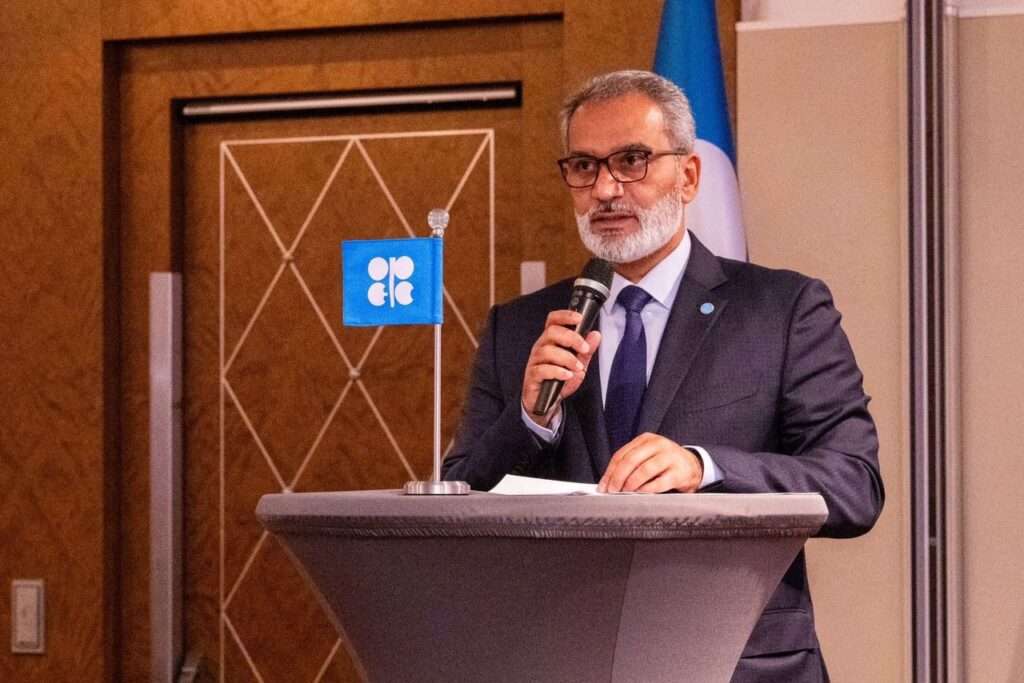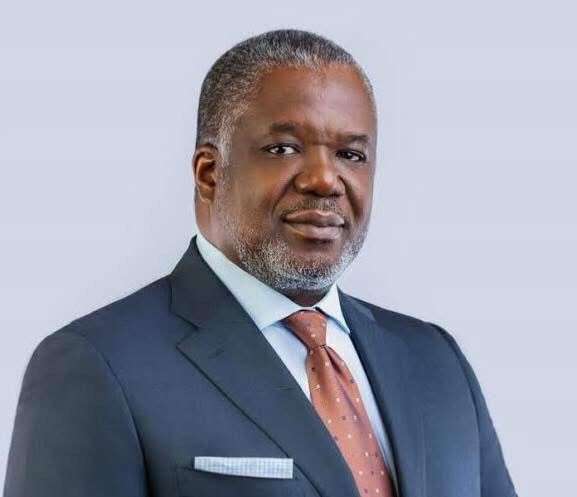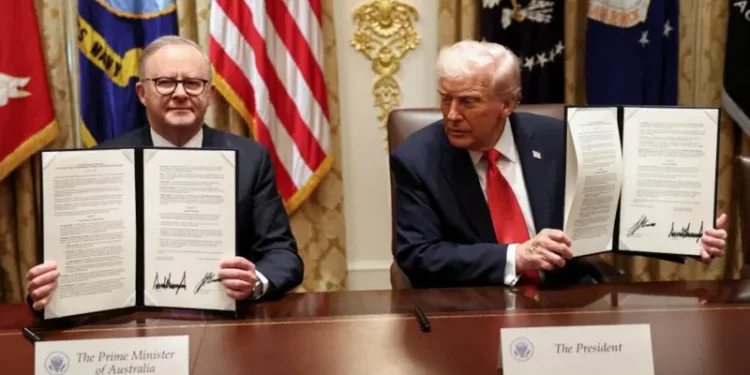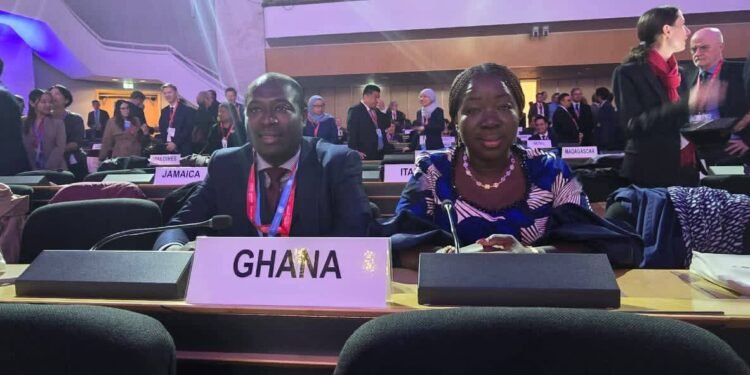The Organization of Petroleum Exporting Countries (OPEC) has named Nigeria’s Ademola Adeyemi-Bero as the Chairman of its Board of Governors for the year 2025.
This landmark appointment is a significant development for Nigeria’s standing in the global energy landscape, underscoring the nation’s growing influence within the oil-producing bloc.
The announcement, made during the 189th meeting of the OPEC Conference, confirmed Adeyemi-Bero’s appointment.
According to a statement published on OPEC’s website, he will serve alongside Eng. Adeeb Al-Aama, the Governor of Saudi Arabia for OPEC, who was appointed as Alternate Chairman of the Board of Governors for the same period.
In response to the appointment, Heineken Lokpobiri, Nigeria’s Minister of State Petroleum Resources (Oil), lauded Adeyemi-Bero’s elevation as a testament to the nation’s active participation in the global oil industry.
“This appointment reaffirms Nigeria’s leadership in the global energy sector,” Lokpobiri said, emphasizing that it offers Nigeria a critical platform to shape balanced energy policies.
These policies aim to benefit not only oil-producing nations but also consumers and the broader global economy.
Lokpobiri also expressed his gratitude to Ambassador Gabriel Aduda, the outgoing Nigerian OPEC Governor, whose efforts over the years strengthened Nigeria’s influence within the organization.
“Ambassador Aduda’s service was instrumental in advancing Nigeria’s interests in OPEC and ensuring our presence in global energy discussions,” Lokpobiri remarked.
Adeyemi-Bero’s appointment has drawn praise both within Nigeria and internationally. His experience and Nigeria’s status as Africa’s largest oil producer position him to contribute meaningfully to discussions on achieving sustainable energy security.
The appointment is being hailed as a win for Nigeria’s energy diplomacy. Nigeria, a founding member of OPEC since 1971, has historically played a significant role within the organization.
However, in recent years, the country has faced challenges, including declining oil production and increased competition from non-OPEC producers.
Adeyemi-Bero’s elevation to such a key role is seen as a reflection of Nigeria’s commitment to regaining its footing in the global oil market.
OPEC’s Strategic Moves: A New Leadership Framework

In addition to naming Adeyemi-Bero as Chairman of the Board of Governors for 2025, the 189th OPEC Conference also confirmed other important decisions that will shape the organization’s future.
Eng. Adeeb Al-Aama, Governor of the Kingdom of Saudi Arabia for OPEC was appointed as Alternate Chairman. This reflects Saudi Arabia’s continued influence within OPEC, ensuring alignment between two major oil-producing nations, Nigeria and Saudi Arabia.
“The Conference renewed the term of office for Mr Haitham Al Ghais as Secretary General of OPEC for a further period of three years with effect from 1 August 2025.”
Organization of Petroleum Exporting Countries (OPEC)
Al Ghais, a Kuwaiti oil executive, has been widely praised for his exceptional leadership and efforts to promote stability in the global oil market.
His extension signifies continuity in OPEC’s strategic vision, with member nations expressing strong confidence in his ability to navigate the organization through a period of profound change.
The 189th (Ordinary) Meeting of the Conference of the Organization of the Petroleum Exporting Countries (OPEC) was convened under the Chairmanship of HE Marcel Abeke, Minister of Petroleum of the Gabonese Republic and Head of its Delegation.
The meeting, which brought together key players in the global oil and energy sector, was held with a focus on strengthening the organization’s role amidst evolving energy challenges and opportunities.
Adeyemi-Bero’s chairmanship is expected to provide Nigeria with a stronger platform to advocate for its interests within OPEC.
This comes as the country faces domestic challenges in its energy sector, including underinvestment, theft in oil production, and the need to diversify its economy away from oil dependence.
With the global energy mix shifting, Nigeria’s role as a major oil producer and its recent strides in renewable energy adoption place it in a unique position to influence global energy strategies.
READ ALSO: Barker-Vormawor Criticizes Gender Imbalance in President-Elect’s Transition Team Appointments























